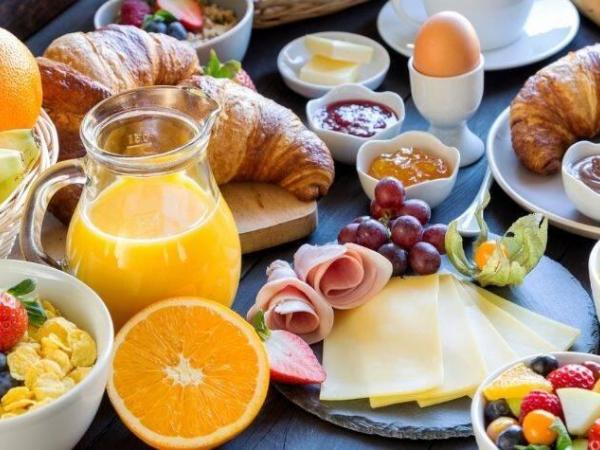Most of the consumers Colombians are aware of their responsibility in weight and obesity control, and are encouraged to stop foods with warning labels.
This is revealed by a study of Kantar Worldpanel with 1,150 homes of all socioeconomic levels in which issues such as the perception of food, knowledge of the law and expectations of impact.
(See: Pan-American Highway: will allow importation of animal feed).
In the first place, it was concluded that of those consulted, 69% attribute responsibility for the problem of overweight and obesity to consumers, 13% to manufacturers, 10% to the health sector and 7% to government.
Furthermore, the average of the homes willing to stop consuming because of the warning seals are 12% in dairy, 16% in beverages and 38% foods.
(See: Minagricultura asks to use more sustainable production methods).
On the other hand, 67% of the homes knows the law for what could be thought to be positive for its effect to be fulfilled, while 82% state that they agree with their objective.
“Those that would be most affected by the implementation of the stamps are: drinks with aloe, juices, liquid tea, pasta, kumis, flavored water, oatmeal, yogurt, soups or creams, arepas, flavored milk, and cookies.”add.
(See: 35% of the salary of Colombians goes to food: this is what they spend).
The analysis specifies that there is more risk in categories perceived as healthy, while those related to fats or sugar could have less impact.
You could see more contraction in foods since the shopper does not associate them so much with sugars as they do with drinks, but both have an additional risk: an increase in prices, which can become even more significant and a barrier to migrate to healthier products, but more expensive.
Awareness in the choice of products is given seeking greater benefit for health. However the Colombian not used to reading the nutritional table (only 23% do it), so it generates uncertainty about its effect in that case.
Kantar Worldpanel says that in Colombia It is expected that the impact will depend on the actions taken by each brand to counteract the effects of the etiquette law and that no errors are made within the category when reformulating productsnot launching line extensions or healthy substitutes or not announcing the benefits of the product when necessary.
Special attention should also be paid to the increase in prices since this would exacerbate the impact for some categories of beverages and food leading the shopper to look for cheaper substitutes.
Adriana Gutiérrez, director of channels at Infor Latin America, a business software firm, warns that the foods Y beverages has several challenges.
Among them, he mentions the importance of innovation accelerated food
(See: Inflation in the United States closed 2022 at 6.5%).
comment that “Many startups dedicated to alternative proteins, lab meats or synthetic dairy will grow rapidly thanks to the increase in consumption and the interest of several large food companies to invest in these innovations.”. In addition, it recommends the agility and cost of the supply chain, and automation in the manufacture.
BRIEFCASE







